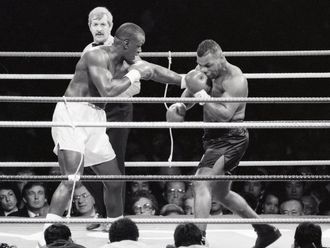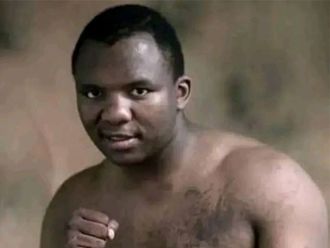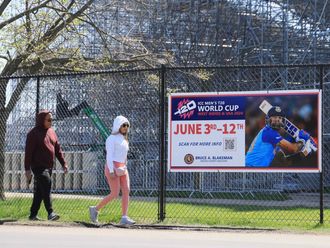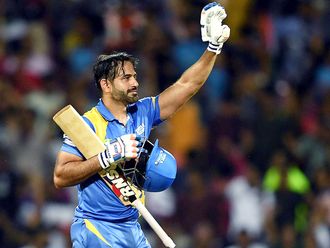
Dubai: Boxing could become Saudi Arabia’s unique selling point (USP) as a sports tourism destination, according to Professor Simon Chadwick, a leading UK-based academic and author in the field of the business and sport in the GCC.
Jeddah will host the World Boxing Super Series (WBSS) super middleweight final between Britons George Groves and Callum Smith next Friday, September 28.
It is not only the first time a major boxing event has come to the region, but it also marks the start of a conscious effort from the once-closed Kingdom to open up and court tourism through sport, as part of Vision 2030, which aims to lessen the country’s dependency on oil.
Hosting a European Tour golf event and three of the next five Italian football Super Cup finals will follow, but Chadwick, a Professor of Sports Enterprise at the University of Salford in Manchester, England, says boxing could set Saudi apart from its regional rivals, who no doubt have a headstart in this field.
“It’s important Saudi Arabia does not just copy its close rivals, but instead tries to identify ways in which the country can differentiate itself and establish a position in the international sport industry that is unique and distinctive,” he told Gulf News.
“The engagement with boxing is interesting for several reasons, not least that it remains a significant commercial proposition. It is a global sport too, and one which also perhaps has not kept pace with developments in, for example, football.
“As such, there is considerable potential in boxing and maybe other sports like mixed martial arts, which Saudi might also look towards in seeking to create a distinctive presence in the global sports industry.”
Chadwick added that countries market themselves through sport to change preconceptions, promote social cohesion, address health issues, and to foster a stronger more positive collective national image connected to well-being and happiness. He said all this can play a part in the new Saudi Arabia, which now allows women to drive and enter stadiums, but he added that the Kingdom was likely attempting to reclaim lost ground on its neighbours when it came to all of the above.
However, just because Saudi is late in the game, he added, it doesn’t mean they can’t learn from the pros and cons of nearby examples.
“The one common concern about these countries is that they are strong on vision and planning, but weaker in implementing and controlling strategy. The key lesson for Saudi Arabia is that policy and strategy must be linked, and ultimately lead to the successful delivery of outcomes.
“Saudi needs to commit to a long-term sports strategy, which in turn is connected to the country’s broader goals and strategies. Thereafter, appropriate resources, careful planning, and shrewd management are required.
“The potential is immense, but Saudi needs to get its approach right; sport is not simply a plaything or a vanity purchase, it requires a sense of purpose and focus which Saudi must embrace. If the country can do this, then the likes of the USA and China all illustrate how powerful an influence sport can be.”












